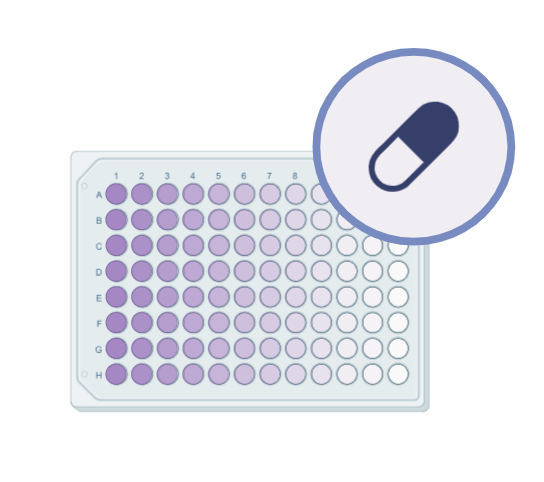In Vivo Services
In vivo services are essential in the drug development process, ensuring new therapies are thoroughly evaluated for effectiveness and safety before clinical trials.
By assessing factors like efficacy, toxicity, and pharmacokinetic/pharmacodynamic (PK/PD) profiles, sponsors can make informed decisions about their drug candidates. This rigorous evaluation increases the chances of success in later stages and facilitates regulatory approvals. Ultimately, these services help mitigate risks, optimize trial design, and support the development of innovative therapies that can significantly enhance patient outcomes
Home >> Services >> In Vivo Services
Trust Our Pre-clinical Expertise
PK/PD
We are dedicated to providing expertise in PK/PD modeling and simulation across a variety of techniques and applications, assisting clients in determining optimal dosage levels for efficacy studies. We help clients select precise models that reveal the pharmacokinetic characteristics of compounds in early clinical trials.
Toxicology/Safety
Our toxicology services deliver thorough safety assessments using diverse animal models and administration routes. By evaluating acute and chronic toxicity as well as carcinogenicity, we help identify potential risks early, supporting safer drug development and informed regulatory submissions.
Efficacy
Efficacy services provide critical data that inform regulatory submissions and support the design of clinical trials. By establishing a clear understanding of a drug's efficacy early in the development process, we help sponsors with making informed decisions, reducing the risk of late-stage failures, and enhancing the chances of successful regulatory approval.





